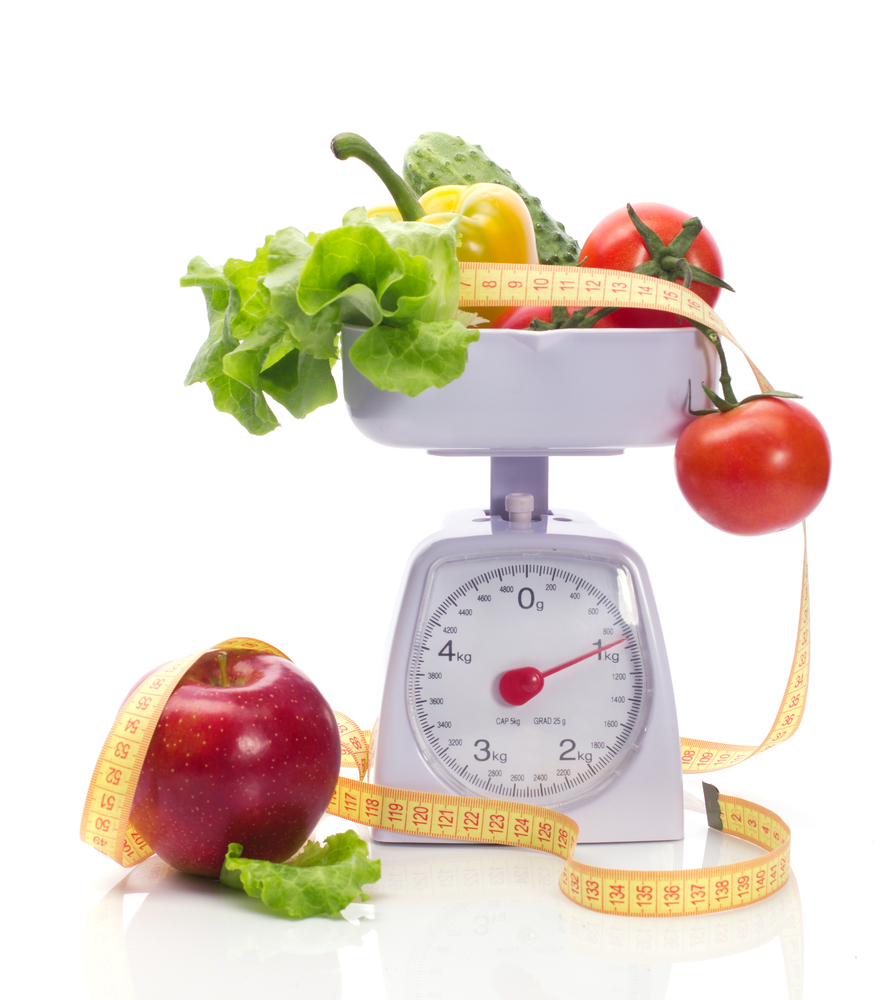
In a 2010 press release, the American Society of Bariatric Physicians indicate that it is “…officially not recommending…” hCG injections for weight loss, once again pointing to numerous studies that fail to demonstrate efficacy.
What is hCG diet?
hCG stands for Human Chorionic Gonadotropin, a hormone naturally produced by the placenta in pregnant women and almost completely controls the metabolic function through the hypothalamus throughout the pregnancy. The HCG diet (using daily hcg injections) will help you lose 1-3 pounds per day.
The hCG diet combines extreme calorie restriction – typically 500 calories a day of unprocessed organic foods – with daily doses of a pregnancy-related hormone called human chorionic gondatropin, a.k.a. hCG. The hormone is typically administered via injections or under-the-tongue drops. HCG signals the hypothalamus (area of the brain that affects metabolism) to mobilize fatstores. In pregnancy, this helps the body bring nutrients into the placenta, fueling the fetus with the energy to grow.
Although this diet has been studied for years, no high-quality studies have shown that the hormone itself helps weight loss. Following any very low calorie diet is likely to result in weight loss, regardless of taking HCG.

Side Effects of hCG diet
Besides, the HCG diet can have drawbacks.
- Severe calorie restriction can make it hard to meet all of your nutritional needs.
- Rapid weight loss can lead to gallstones.
- HCG can cause side effects, including headache, fatigue, irritability and male breast enlargement.
- Some women also develop a condition called Ovarian Hyperstimulation Syndrome (OHSS); symptoms of this include pelvic pain, swelling of the hands and legs, stomach pain, weight gain, shortness of breath, diarrhea, vomiting/nausea, and/or urinating less than normal.
Scientific evidence:
There is no scientific evidence supporting HCG injections as a weight loss strategy. In addition, these injections have not been approved by the FDA for use in weight loss. In fact, since 1975 the FDA has required all marketing and advertising of HCG to state the following: “HCG has not been demonstrated to be effective adjunctive therapy in the treatment of obesity. There is no substantial evidence that it increases weight loss beyond that resulting from caloric restriction, that it causes a more attractive or ‘normal’ distribution of fat, or that it decreases the hunger and discomfort associated with calorie-restricted diets.” (source: drugs.com)
Once you stop the HCG diet, you’re likely to regain any weight you lost.
Changes that take place within your body while you are on a VLCD include:
Slow down of BMR – Your metabolism slows to conserve energy because the body thinks it is starving.Breakdown of protein as a source of energy – To get energy need fulfilled, the body breaks down protein. This causes a loss of lean body mass such as organ and muscle tissue. It is important to preserve lean tissue, since it increases your basal metabolic rate. Losing too much lean tissue increases the percentage of fat in your body. The result is a reduced metabolism. This is one reason why it is so easy to regain weight when you lose weight quickly.
Fat loss – In a VLCD (or during starvation), about half the weight you lose is fat and the other half is lean tissue, such as muscle. On a more moderate diet, the loss is about 75% fat and 25% lean tissue.
Electrolyte and water loss – Electrolytes are minerals found naturally in the body, such as potassium, calcium, sodium, and magnesium. Electrolytes are needed to keep the body’s balance of fluids at the proper level and to maintain normal functions, such as heart rhythm, muscle contraction, and brain function. Mineral and electrolyte imbalances can occur while on a VLCD. These imbalances can be life-threatening. This is the reason these VLCDs must only be used under a health professional’s supervision.
Calcium Depletion – Bone mass is lost. This is more risky for women, because they diet more often than men and they are also at higher risk for developing osteoporosis.

Time and again, the pillars of an effective approach to weight loss have been indicated as :
- Diet modification based on safe caloric and nutrient guidelines;
- Exercise programs tailored to the capabilities and limitations of the patient; and
- Behavioral counseling, including development of proper eating habits, how to deal with stress-related eating, and how to address the diet and lifestyle of the whole family.
The key to permanent weight loss is developing healthy eating and exercise habits — not following fad diets.